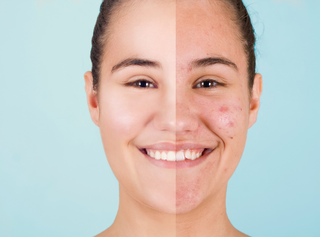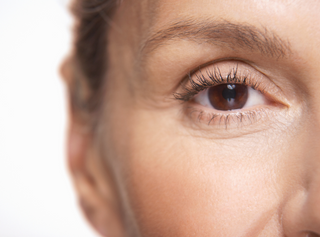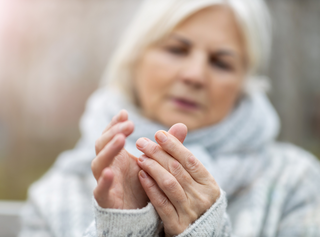Correxiko Blog
Filter by:

Why collagen is your perfect workout partner to achieve great results
Whether your favourite fitness routine is a high-intensity workout, weight training, jogging or soothing yoga stretches, partnering your workout routine with collagen is always a great plan. And here’s why.
-

Spring wellbeing tips from Lisa. Lisa’s Current Wellness Loves
So many of you message me asking for tips on how to stay healthy, strong, and confident during midlife, so I wanted to share some of the things I...
-

Magnesium and Gut Health: The Mineral Your Digestive System Has Been Missing
When we think about gut health, we often think about probiotics or fibre. Today we are looking at the role of magnesium and why this essential mineral can help...
-

Midlife Makeover: How a Daily Dose of Collagen Enhances Weight Loss, Muscle Tone, and Energy
When we reach midlife, staying in shape can start to feel a whole lot harder than it used to. Muscle mass naturally declines, energy levels dip, and metabolism slows,...
-

Lisa Snowdon Approved Chocolate & Collagen Gluten-Free Brownies
Are you looking for a delicious treat that feels indulgent but is much better for your beauty and wellness? These Gluten-Free Collagen Brownies from Lisa Snowdon’s friend Sharon Branford...
-

Skincare for Older Women: The Role of Collagen, Omega-3, and Vitamin C
Discover how skincare for older women can be transformed with Collagen, Omega-3, and Vitamin C. Learn why skin ages and how Correxiko’s premium supplements restore vitality.
-


Our 5 Top Collagen Smoothie Recipes
Boost your beauty from within with these 5 collagen smoothie recipes! Packed with skin-loving nutrients, these delicious blends help support radiant skin, strong hair, and joint health.

Sleep During Menopause: How to Improve Rest with Collagen and Supplements
Menopause can disrupt sleep, but the right supplements can help. Collagen aids relaxation, Omega-3 boosts melatonin, magnesium calms muscles, and Vitamin C reduces stress. For severe issues, melatonin...

Can Collagen Cause Acne? Separating Fact from Fiction
Collagen supplements boost skin elasticity and glow without causing acne. Breakouts usually stem from additives or low-quality sources, not pure collagen. High-quality collagen helps heal post-acne marks and...

Collagen for Under Eyes: A Comprehensive Guide to Rejuvenating Your Skin
Reduce puffiness, dark circles, and fine lines with Correxiko’s premium marine collagen. This essential protein strengthens and hydrates delicate under-eye skin, restoring elasticity and a youthful glow. Whether through...

Is Collagen a Protein? Understanding the Science Behind This Essential Nutrient
Collagen is the key protein that keeps your skin firm, joints supple, and gut strong. As we age, collagen production slows, causing wrinkles and discomfort. Supplementing with hydrolyzed...

Will Collagen Help Arthritis? A Deep Dive into the Science and Benefits
Struggling with joint pain or stiffness? Collagen is key to maintaining cartilage, reducing inflammation, and supporting lubrication. Marine collagen, especially Correxiko’s Double-Hydrolysed Marine Collagen, offers superior absorption and...












